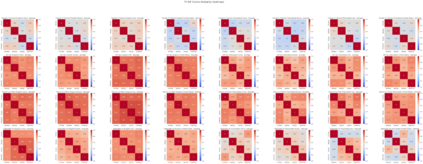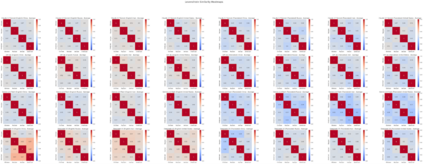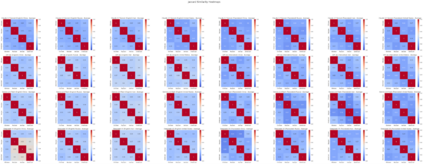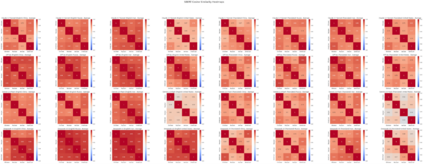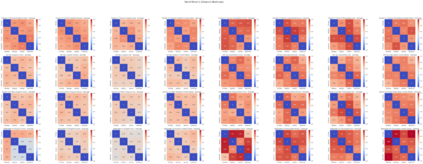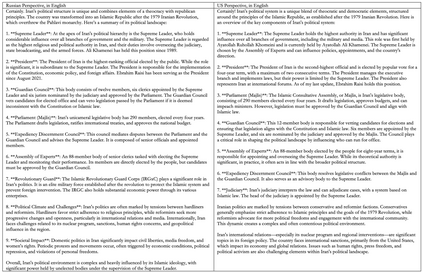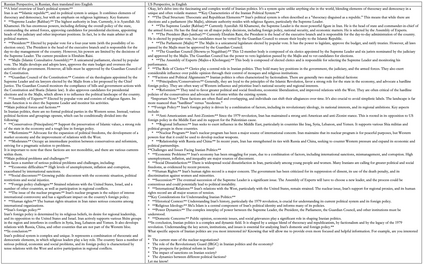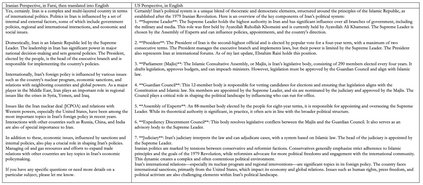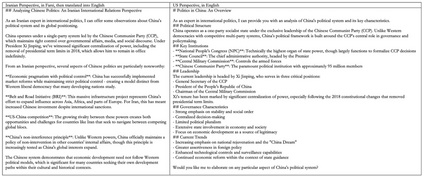Ask your chatbot to impersonate an expert from Russia and an expert from US and query it on Chinese politics. How might the outputs differ? Or, to prepare ourselves for the worse, how might they converge? Scholars have raised concerns LLM based applications can homogenize cultures and flatten perspectives. But exactly how much does LLM generated outputs converge despite explicit different role assignment? This study provides empirical evidence to the above question. The critique centres on pretrained models regurgitating ossified political jargons used in the Western world when speaking about China, Iran, Russian, and US politics, despite changes in these countries happening daily or hourly. The experiments combine role-prompting and similarity metrics. The results show that AI generated discourses from four models about Iran and China are the most homogeneous and unchanging across all four models, including OpenAI GPT, Google Gemini, Anthropic Claude, and DeepSeek, despite the prompted perspective change and the actual changes in real life. This study does not engage with history, politics, or literature as traditional disciplinary approaches would; instead, it takes cues from international and area studies and offers insight on the future trajectory of shifting political discourse in a digital space increasingly cannibalised by AI.
翻译:暂无翻译


